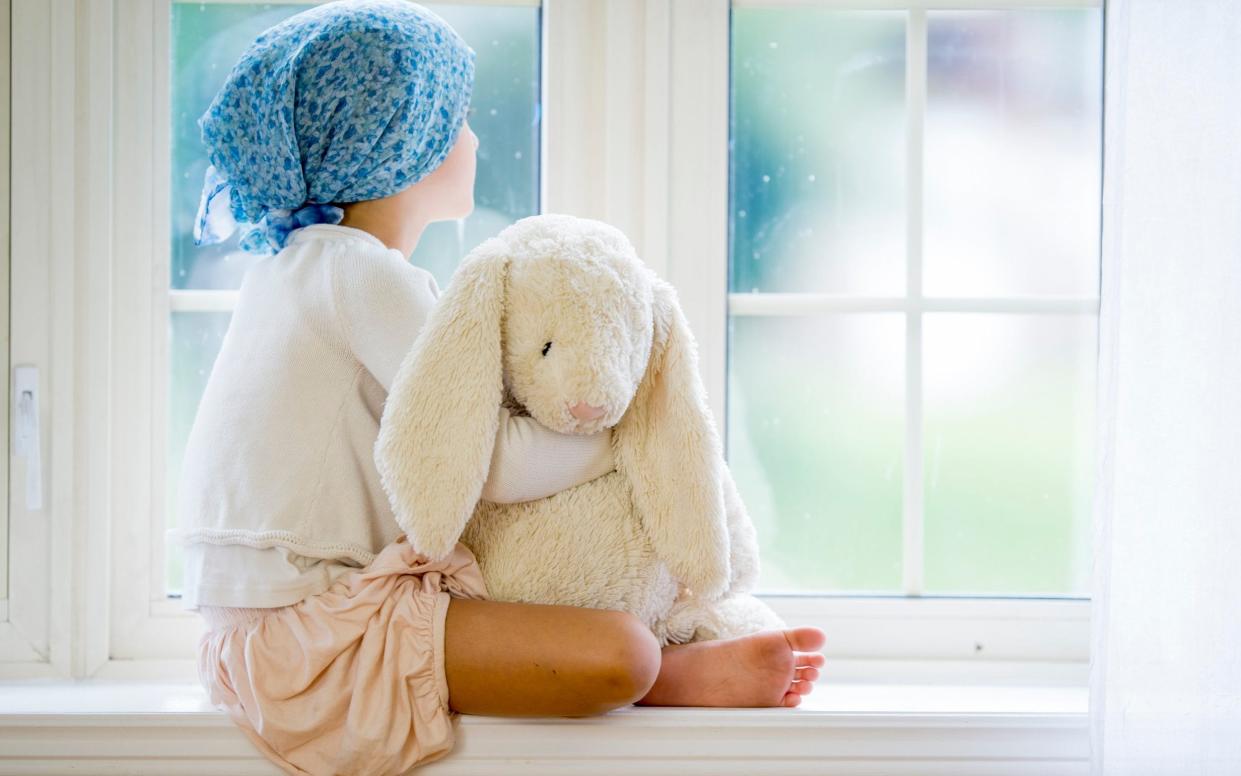Babies born using frozen IVF embryos ‘at higher risk of childhood leukaemia’

Babies born through IVF using frozen embryos are at increased risk of childhood leukaemia, a new study suggests.
Although the numbers of children developing blood cancer was very small, French experts found the risk of disease was 61 per cent higher compared to children conceived naturally.
Children born through fresh embryos also had a 42 per cent increased risk of leukaemia.
In Britain, there are around 42,000 frozen embryo transfers and 33,000 fresh embryo transfers each year, with around 20,000 babies.
Cancer charities urged parents not to be alarmed by the findings and said the risk was still very low.
‘Findings shouldn’t be anything to worry about’
Dr Richard Francis, deputy director of research at Blood Cancer UK, said: “The message to anyone who has been diagnosed with any blood cancer is this: it is not your fault.
“Importantly this study can’t prove a direct cause between mechanically assisted conception and blood cancer risk.
“It’s important to remember that the risk for children developing leukaemia remains low. For those going through, or who have a young child from assisted conception these findings shouldn’t be something to worry about.”
Eggs are often frozen when a woman is younger to enable her to have children later in life and can now be stored in Britain for 55 years.
The technique is also used so women who are ill can have children before undergoing treatment, such as chemotherapy, which can damage their eggs.
In the study, French researchers analysed more than 8.2 million births recorded in the French National Mother-Child Register between Jan 1 2010, and Dec 31 2021.
Children were followed up for an average of six years.
Among the natural conceptions there were 2.5 per cases of leukaemia per 10,000 children, while in the frozen embryo group there was a rate of three cases per 10,000 children.
The team advised that babies born through embryo transfer should be monitored for signs of cancer.
British experts said there may be other reasons why the rate was slightly higher for babies born through IVF which had nothing to do with the fertilisation method. Infertility itself could raise the risk of cancer, or the age of parents.
Dr Channa Jayasena, reader in reproductive endocrinology at Imperial College London, said: “Couples having a baby naturally are more likely to be younger and fitter than couples needing fertility treatment.
“We know that the health of both mum and dad can affect outcomes of pregnancy. In particular, increased age reduces egg and sperm quality by causing DNA damage. It is already known that older mums and dads are slightly more likely to have children with leukaemia, just as with Down’s syndrome.
“However, the vast majority of children born following fertility treatment are healthy.”
There is a current trend towards using frozen embryos over fresh ones as it gives better control over procedures and helps prevent unwanted multiple births. In 2021, the percentage of frozen embryos was 55 per cent compared to 45 per cent fresh.
The Human and Fertilisation Embryology Authority which regulates fertility treatment said that the study was reassuring in that it showed cancer rates among children born through assisted reproduction was very low.
Experts said more attention should be paid to modifiable risk factors for leukaemia, such as breastfeeding and smoking.
The new research was published in the journal Jama Network Open.


